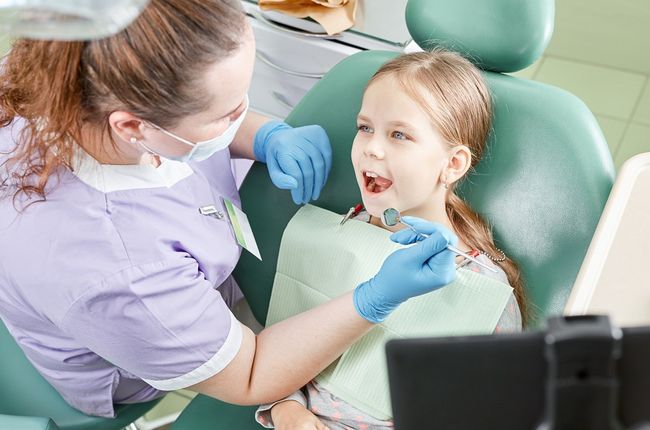![This is a thumbnail image of blog Prioritize Dental Health This Holiday Season for a Bright and Healthy Smile This is a thumbnail image of blog Prioritize Dental Health This Holiday Season for a Bright and Healthy Smile]()
Prioritize Dental Health This Holiday Season for a Bright and Healthy Smile
Dec 22, 2023![This is a thumbnail image of blog Dos and Don'ts before the Root Canal Procedure This is a thumbnail image of blog Dos and Don'ts before the Root Canal Procedure]()
Dos and Don'ts before the Root Canal Procedure
Feb 25, 2022![This is a thumbnail image of blog Perks of Having a Family Dentist This is a thumbnail image of blog Perks of Having a Family Dentist]()
Perks of Having a Family Dentist
Jun 29, 2022![This is a thumbnail image of blog Why is it Essential To See Your Dentist in December? This is a thumbnail image of blog Why is it Essential To See Your Dentist in December?]()
Why is it Essential To See Your Dentist in December?
Dec 08, 2022![This is a thumbnail image of blog Tips for Teeth Healthy Thanksgiving This is a thumbnail image of blog Tips for Teeth Healthy Thanksgiving]()
Tips for Teeth Healthy Thanksgiving
Nov 16, 2022

How Does Stress Affect Oral Health?
Stress affects your physical and mental health in a variety of ways. It affects your mood, your eating habits, and even your immune system. Stress can also have a negative impact on your smile.
There are different types of stress, including psychological stress and physical stress. Physical stress occurs when we experience things such as an injury or accident. Psychological stress can occur when we are dealing with things like financial issues or relationship problems. All three types can affect our oral health in a variety of ways. For example, stress can make it difficult for our bodies to fight off infections and diseases. It can also make it challenging for us to practice good oral hygiene habits. As a result, our teeth and gums may become more vulnerable to decay and disease. This, in turn, can ultimately damage the smile’s appearance and cause additional complications over time.
Additionally, when we are stressed about something, we might turn to unhealthy habits such as eating junk food or using tobacco products in an attempt to relieve the stress. These behaviors increase the chances of developing tooth decay, gum disease, and other serious oral conditions. Essentially, when you have a stressful life event coming up, it’s more important than ever to practice diligent oral hygiene and maintain regular checkups with your dentist. By doing so, you can help reduce your risk of experiencing problems with your oral health as a result of your upcoming situation.
How Stress Contributes to Oral Health
There’s a reason why it’s called “stress eating.” When you’re stressed, your brain tells you it’s time to eat. This can cause you to eat unhealthy foods that you are craving, and that might not be good for your teeth. Your mouth is very sensitive to sensations in your mouth, like tastes and textures. This means that if you’re stressed and eating something sweet or crunchy, your mouth may crave more of those types of foods. Unfortunately, these can also cause cavities and other dental problems.
Stress can also lead to bruxism, which is when you clench your jaw and grind your teeth together in your sleep. This can lead to tooth damage over time as well as headaches and migraines in the morning. Some people even experience temporomandibular joint dysfunction, which affects the muscles and joints in the face and can lead to pain when chewing. All of these issues can make your oral health worse over time and lead to serious health concerns.
If a patient suffers from chronic stress, they should talk to their doctor about ways to manage it. This can include using relaxation techniques like meditation or acupuncture. Exercise can also help with stress and overall health. Whatever methods are chosen, it is important to be consistent and get plenty of rest.
To learn more about our good oral care practices, visit Amin Taba D.D.S. PLLC at 5701 Northeast Bothell Way Suite 3, Kenmore, WA 98028. Call us at (425) 486-9233 or visit our website to schedule an appointment.
Office Hours
MON9:00 am - 4:00 pm
MON - TUE9:00 am - 5:00 pm
TUE - WED7:30 am - 5:30 pm
WED9:00 am - 5:00 pm
THU7:30 am - 5:30 pm
THU - FRI9:00 am - 5:00 pm
FRI9:00 am - 4:00 pm
SAT - SUNClosed




















comments